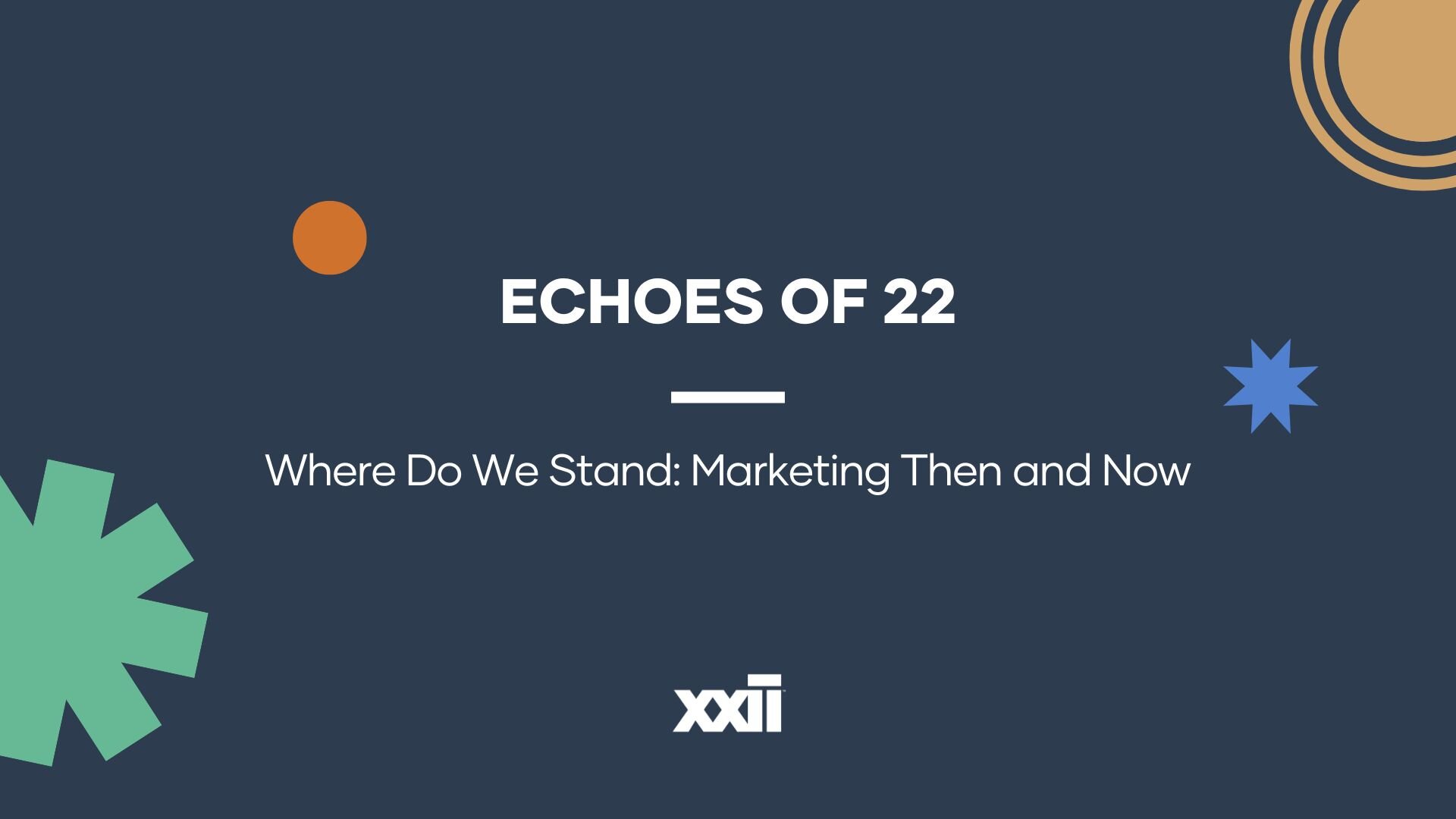
If your online marketing content is not reaching and engaging your target audience, it’s of little use. Poor audience engagement may mean you’re not hitting your marketing goals. If you’re not hitting your marketing goals, maybe your marketing efforts aren’t being used as effectively as they could be. Search engines, social media, and tracking applications like Google Analytics put priceless information about website visitors at your fingertips. Are you making use of these platforms to gain information about potential customers and past sales? If not, you may need to change your process so you can successfully achieve your goals.
Here are the engagement metrics you should be tracking now to see if you’re hitting the marketing goals you’ve set:
Brand Awareness
Brand awareness is a key component of hitting your marketing goals. Finding out what people are saying about your brand is as easy as using Google, Facebook, and Twitter. How do customers rate your service? Are they writing positive reviews about your products on websites such as Yelp? Get into the mindset of your clients!
Negative reviews and comments may be difficult to swallow, but they may also be useful in helping you reshape your content based on what people really think about your brand or product. Working through painful complaints may lead to changes and solutions that make your brand better than ever.
RELATED POST: The Guide to Building a Strong Brand Identity
Social Shares
What’s better than potential or current customers sharing your content for you? Not much. It’s like “word of mouth” advertising, Internet-style. You get free advertising, which heightens your brand awareness.
When someone shares your blog post, instructional video, advertisement, and so on, pay attention to:
- Who are they sharing your content with? Are shares geared toward reaching people in key demographics?
- Where is your content being shared most often (Twitter, Facebook, LinkedIn)?
- When is your content being shared? Are people sharing your content during certain seasons, at particular times of the day, or right after you’ve aired an Internet radio or television ad?
Commenting
Commenting is all about impact. For example, if your blog or social posts have few comments, they probably aren’t resonating with your target audience.
Koozai.com suggests that comments work to:
- build relationships
- gain readers
- build authority
- create an online community
- gain exposure to new markets/niches
- create SEO benefits
Try to ask questions and start a dialog among your audience. If you fail to reply to readers’ comments, they may think that you don’t care enough to check feedback. Replying to comments will give you the opportunity to gain trust while engaging with your audience on a personal level, allowing you to further explain your brand or product.
Inbound Links
When a well-known, authoritative website links to your content, it’s definitely an honor. Plus, it’s free advertising! Extra visitors to your website can definitely optimize your conversion rate. If your content from a blog post or an interview is quoted, it may lead to opportunities to speak at conventions or co-host podcasts. Once a few people start noticing that your business is an authority on a particular subject, others will notice, too.
Are you discovering that your brand awareness, social shares, comments, and inbound links are minimal? These elements will make it harder for you to reach your marketing goals. Do you need to scrap your road map and start from scratch? All may not be lost! Adjust your current goals to start experiencing ROI with SMART goals. SMART goals are:
- Specific
- Measurable
- Achievable
- Realistic
- Timely
If you’re really ready to grow your business in 2017, we’ll explain more about making SMART goals here.




